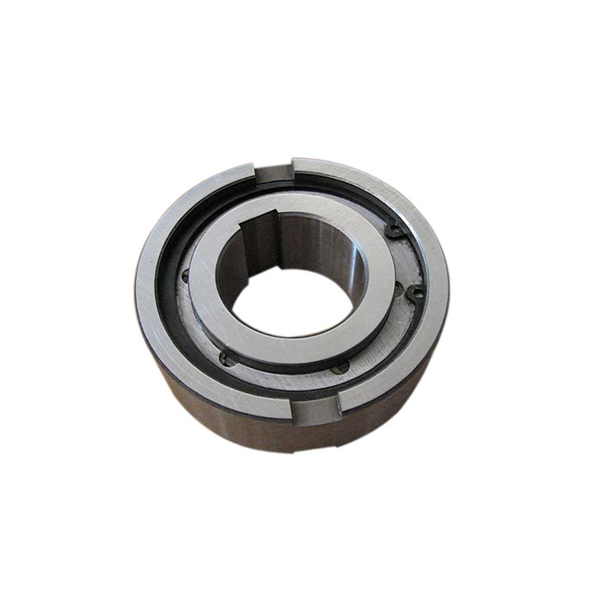Nov . 27, 2024 22:27 Back to list
Different Types of Deep Groove Ball Bearings and Their Leading Manufacturers
Types of Deep Groove Ball Bearing Manufacturers
Deep groove ball bearings are among the most widely used bearing types in various applications, owing to their versatility, durability, and ability to support both radial and axial loads. They are particularly popular in industries such as automotive, aerospace, manufacturing, and robotics. As the demand for these bearings continues to grow, so does the number of manufacturers catering to this specific market segment. This article explores the different types of deep groove ball bearing manufacturers, highlighting their characteristics and significances.
1. Large Scale Manufacturers
Large scale manufacturers of deep groove ball bearings often operate on a global scale, producing bearings in massive quantities. They possess advanced technology, extensive research and development facilities, and a large workforce. Companies such as SKF, FAG, and NTN fall into this category. These manufacturers focus on high-quality production with rigorous quality control measures to ensure that their products meet international standards. They usually offer a wide range of products, and their bearings can be found in various sectors, from industrial machinery to consumer electronics.
In contrast to large scale manufacturers, specialized manufacturers focus on producing deep groove ball bearings tailored for specific applications. These companies often have niche markets in sectors such as aerospace, medical devices, or high-performance automotive parts. Their products are typically designed to meet unique specifications or operate under extreme conditions, such as high temperatures or heavy loads. Examples of specialized manufacturers include Aetna Bearing Company and Timken, which provide tailored solutions for their clients, ensuring optimal performance in specialized applications.
3. Custom Bearing Manufacturers
Custom bearing manufacturers provide unique designs and specifications per the requirements of their clients. These companies often collaborate closely with engineers and product designers to create bearings that meet specific performance criteria. Custom solutions can include modifications in size, material, and design features. This type of manufacturer is particularly advantageous in industries where standard parts may not suffice due to specific operational conditions. Businesses such as McGill Manufacturing and RBC Bearings excel in this sector, providing personalized service and specialized product offerings.
types of deep groove ball bearing manufacturers

4. Budget Manufacturers
For cost-sensitive applications, budget manufacturers offer affordably-priced deep groove ball bearings. These manufacturers tend to focus on producing basic models without extensive design features or high-end materials. While their products may not meet the same quality standards as those from larger or specialized manufacturers, they can work adequately in applications where the load and speed requirements are moderate. Companies such as SCS, SumiRiko, and other regional producers fall into this category, providing competitive pricing and essential functionality.
5. OEM Manufacturers
Original Equipment Manufacturers (OEMs) produce deep groove ball bearings that are specifically designed to be incorporated into other products. They work closely with companies to understand their needs and ensuring their bearings integrate seamlessly into the final product. OEM manufacturers often have strong partnerships with their clients, providing tailored solutions and ongoing support. For example, companies that manufacture consumer electronics usually source bearings from OEM manufacturers designed explicitly for their devices, balancing performance and cost-effectiveness.
6. Emerging Manufacturers
With the global push towards technological innovation and sustainability, numerous emerging manufacturers have entered the deep groove ball bearing market. These companies are leveraging new materials, advanced manufacturing technologies like 3D printing, and eco-friendly practices to create sustainable bearing solutions. As industries evolve, these manufacturers are capturing the attention of companies looking for cutting-edge technology and sustainable practices. They represent a growing trend within the bearing industry that aligns with modern environmental standards and consumer demands.
Conclusion
The landscape of deep groove ball bearing manufacturers is diverse, ranging from large-scale producers to specialized and emerging companies. Each type of manufacturer serves unique segments of the market, fulfilling various needs from standard applications to high-performance requirements. As industries continue to advance, the importance of understanding the types of manufacturers available will become increasingly relevant for businesses seeking the right bearings for their applications. This understanding will help them make informed decisions to enhance performance, reliability, and cost-effectiveness in their operations.
Latest news
-
39602/F33 Square Bore Disc Harrow Bearing - Heavy-Duty Ag Bearings
NewsAug.30,2025
-
UCFC212-38 Round Flange Housing 4 Bolt Ball Bearing - Durable & Precision
NewsAug.29,2025
-
GW315PPB11 Ball Round Hole Agricultural Bearings - Durable & Reliable.
NewsAug.28,2025
-
Top Spherical Roller Bearing Material Exporter - High-Performance Alloys
NewsAug.27,2025
-
Durable PLC 110-190 Spherical Roller Bearing for Mixer Reducer
NewsAug.26,2025
-
CSK-2RS Sprag Clutch One Way Bearing: Sealed, High Torque, Durable
NewsAug.25,2025